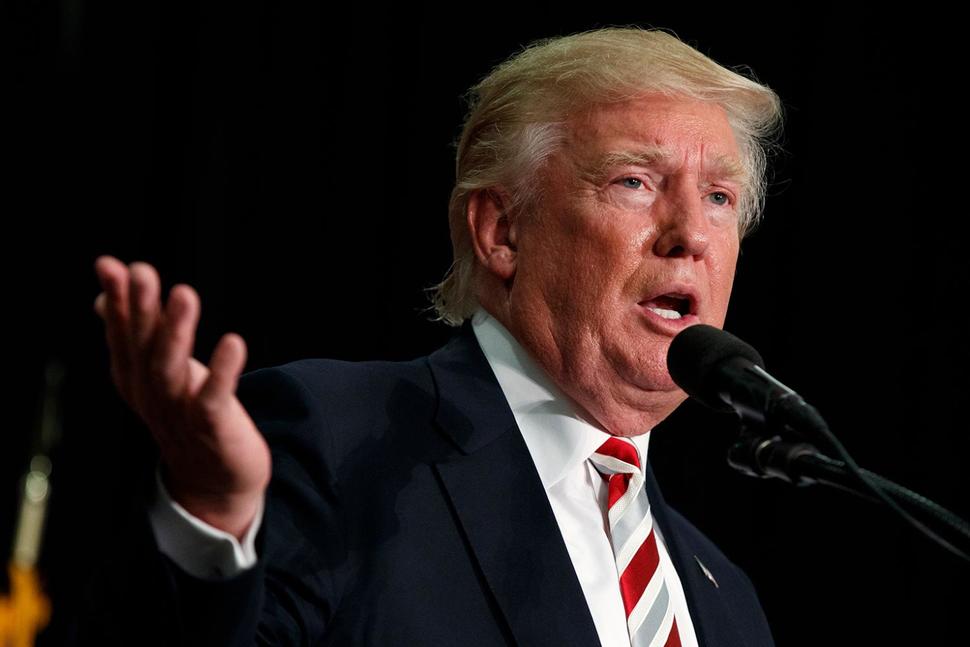
RNA - In a clear rebuff to the nuclear deal and at Israel’s behest, the US House of Representatives has voted to renew the Iran Sanctions Act for an additional 10 years. The act is scheduled to expire by year’s end.
The stated agenda is to contain Iran’s influence in the region and curtail its ability to finance national development plans by blocking its access to Western technology and market, and curbing its export sales. Under the Sanctions Act, foreign firms that invest in the Iranian oil industry and others are also barred from access to US financial markets and subject to other penalties.
No one knows when the Senate intends to vote on the extension, or indeed if they intend to. What’s clear is that the marginalised Senate Democrats are pushing for a “clean” bill in line with the House version, while a number of Republican leaders are trying to add a bunch of new sanctions to the bill. This would effectively ban Boeing from exporting at least 80 planes to Iran’s national air carrier. The sale is part of a deal that could total as much as $25 billion and employ many thousands of skilled workers across the United States.
Meaning, adding more sanctions is likely to be the first national and international crisis to be faced by the incoming administration of President-elect Donald Trump. The absence of no word on when the Senate intends to vote on the extension also means the Iran sanctions saga will still be going on when he is inaugurated in Washington on 20 January. This is interesting, because Trump is critical of the Iran nuclear deal, although his staff has indicated he doesn’t intend to try to tear up the pact and Iranian officials have scoffed at him, insisting backlash is inevitable.
As the new president, however, Trump would have to decide if he is willing to sanction an escalation in US hostilities toward Iran, and inevitably fuel further official distrust in Tehran. He will also have to decide whether he will hold to the reflexive anti-Iran positions of the Republican Congressional majority or put US business first and preserve and expand the manufacturing workforce as part of his election promises to make America great again.
That’s the question that will likely come to the fore when Mr. Trump Goes to Washington. He will have to face the fact that under international law and the nuclear deal signed with Russia, China, Britain, France and Germany, he cannot re-impose the unjustified sanctions against Iran and go against the international norms. After all, as maintained in numerous reports by the International Atomic Energy Agency and European Union Foreign Policy Chief Federica Mogherini, the country has been in full compliance with the requirements of the nuclear deal. It also continues to play a much constructive role in ensuring peace and stability throughout the region, particularly in the ongoing war against terrorism in Iraq and Syria, as admitted by Trump himself during his second televised debate with Hillary Clinton.
Nonetheless, this is still Trump’s first crisis as the 45th president of the United States. He faces a key Iran-related decision: To side with cash-strapped business communities and workers in the interests of “America First” or go beyond the bounds of international morality and law, view the counterproductive sanctions regime as a tool of power and influence, and worse still, listen to war-party neocons and pro-Israel lobby groups whose stated agenda is to scupper the nuclear deal, provoke Russia and China, alienate Washington’s NATO allies who have ended their economic warfare in light of the nuclear deal and escalate push his country into painful isolation and loss of thousands of jobs by losing the Boeing deal.
Trump's decision on the Boeing deal will be a good test to display his loyalty to his campaign slogans about reviving economy, his list of priorities, his power as a new comer in the US political structure, his logic and many other things not just to the Americans or Iran, but the United States' allies and the whole word.
847/940